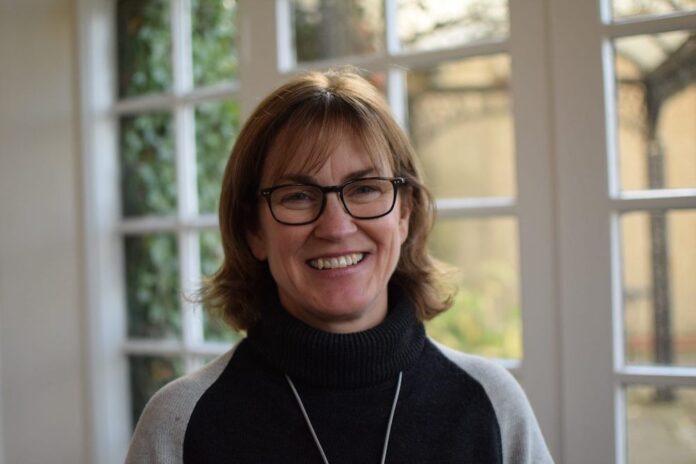Online Safety Bill – whose free speech is at stake?
A King’s Counsel has called on comms service providers to stop mobilising abuse against women and young girls. Top legal expert Professor Clare McGlynn, an honorary King’s Counsel (KC) in the field of image-based sexual abuse, says the organised misogyny is an attempt by some to drive half the population offline and deprive them of a voice. When citizens withdraw from cultural engagement and civic life there can be no people power, or “demos kratos” from the original Greek. “Our democracy in general is threatened by the prevalence of online abuse and online hate,” said McGlynn.
McGlynn is currently advising the online safety charity the UK’s South West Grid for Learning (SWGfL), on the development of a new online platform, Minerva, which aims to equip women with the tools, knowledge and resources they need to find safety and regain control. The KC spoke out as the passage of the Online Safety Bill was temporarily halted as the UK government sought to amends sections that could affect free speech.
“In my view the Online Safety Bill actually enhances democratic rights. In safeguarding women and young girls at risk of violent and hateful acts, it enables their democratic participation in society,” said McGlynn a professor of Law at Durham University. Minerva is intended as a secure system for reporting crimes, online abuse and helping women re-build their lives. The charity is consulting with the police, charities, the Crown Prosecution Service, and social media platforms to inform the new platform. McGlynn has helped shape new criminal laws on image based sexual abuse and worked with the mobile industry to improve their policies and enhance support for victim-survivors.
The Online Safety Bill is designed to protect people online and force large tech companies to regulate content more tightly. A 2020 UNESCO Global study by the International Centre for Journalists found 73% of female journalists say they have experienced online abuse and harassment.
“There is less of a variety and diversity of voices because misogynistic online abuse is designed to get [women] off the internet,” said McGlynn, who called for a step-change in how technology is used to tackle online abuse, reduce harms and provide greater support for victims. SWGfL runs the Revenge Porn Helpline which has seen caseloads increase year-on-year. Since 2015, the charity has removed over 270,000 images of intimate image abuse.
The charity commissioned research from the University of Suffolk to help inform the development of Minerva and identify barriers for women. Research fellow Megan Hermolle and Dr Katherine Allen, who specialises in Trauma, Injustice, Violence and Abuse (TIVA) at the Institute of Social Justice and Crime, conducted the research. Their interim report, Project Minerva, summarises six-months of research focussed on the forms of online abuse and its impacts. It found that one in four women in the UK don’t speak about or report experiences of online abuse, suggesting a significant ‘dark figure’ of undetected victim-survivors.
Sophie Mortimer, Revenge Porn Helpline manager at SWGfL called on tech developers to offer more support and resources to counter online abuse.


